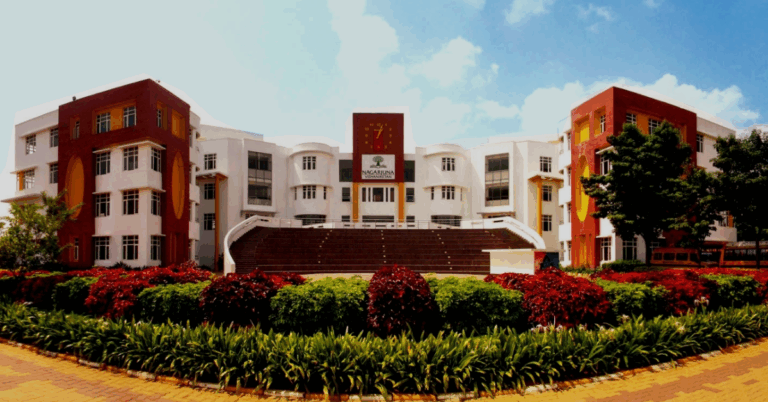Promoting Global Citizenship Through Model United Nations (MUN) Programs: Fostering Debate and Diplomacy
Model United Nations (MUN) is an educational simulation and academic activity that allows students to step into the shoes of diplomats representing various countries in UN committees. Participants research, debate, and discuss global issues while seeking solutions through diplomatic means. The aim is to enhance understanding of international relations, diplomacy, and critical thinking skills among students.
During MUN conferences, students are allocated different countries to represent and are expected to address real-world issues from the perspective of their assigned nations. This requires thorough research, public speaking, negotiation, and collaboration with peers to draft resolutions that encompass the viewpoints and interests of the countries they represent. Through MUN, students gain insight into the complex workings of international politics and develop a deeper appreciation for the challenges faced by world leaders in finding common ground on pressing global issues.
• Model United Nations (MUN) is an educational simulation and academic activity
• Participants represent various countries in UN committees
• The aim is to enhance understanding of international relations, diplomacy, and critical thinking skills among students
• Students research, debate, and discuss global issues seeking solutions through diplomatic means
• During MUN conferences, students are allocated different countries to represent
• Students address real-world issues from the perspective of their assigned nations
• Thorough research, public speaking, negotiation, and collaboration with peers are required
• Drafting resolutions that encompass the viewpoints and interests of the countries represented is essential
Benefits of Participating in MUN Programs
Participating in Model United Nations (MUN) programs offers a myriad of benefits to students. By engaging in MUN simulations, participants enhance their critical thinking skills as they analyze global issues from various perspectives. The research required for MUN preparation also improves students’ ability to gather and synthesize information effectively, honing their research skills in the process.
Moreover, MUN programs provide a platform for students to develop their public speaking and negotiation skills. Through participating in debates and lobbying for their country’s interests, students gain confidence in expressing their opinions articulately and persuasively. These experiences help students build their communication skills, preparing them for future academic and professional endeavors.
Role of Debate in MUN
Debate is at the heart of Model United Nations (MUN) conferences. It serves as the primary medium through which delegates express their country’s positions, negotiate resolutions, and advocate for their policy objectives. Through structured debate procedures, delegates engage in lively discussions, present persuasive arguments, and attempt to find common ground with other participants.
Furthermore, debate in MUN helps delegates sharpen their critical thinking and public speaking skills. By researching and preparing for debates on complex global issues, delegates learn to articulate their ideas clearly and concisely. Engaging in debates also cultivates the ability to think on their feet, respond to challenging questions, and defend their positions effectively.
What is Model United Nations (MUN)?
Model United Nations (MUN) is a simulation of the United Nations where students take on the role of delegates representing different countries and engage in debates on various global issues.
What are the benefits of participating in MUN programs?
Participating in MUN programs helps students develop skills such as public speaking, critical thinking, research, negotiation, and diplomacy. It also increases their knowledge of international relations and current affairs.
What is the role of debate in MUN?
Debate is a crucial component of MUN as delegates engage in discussions, negotiations, and resolutions to address global challenges. It helps them sharpen their communication and persuasion skills while learning to work collaboratively with others.







